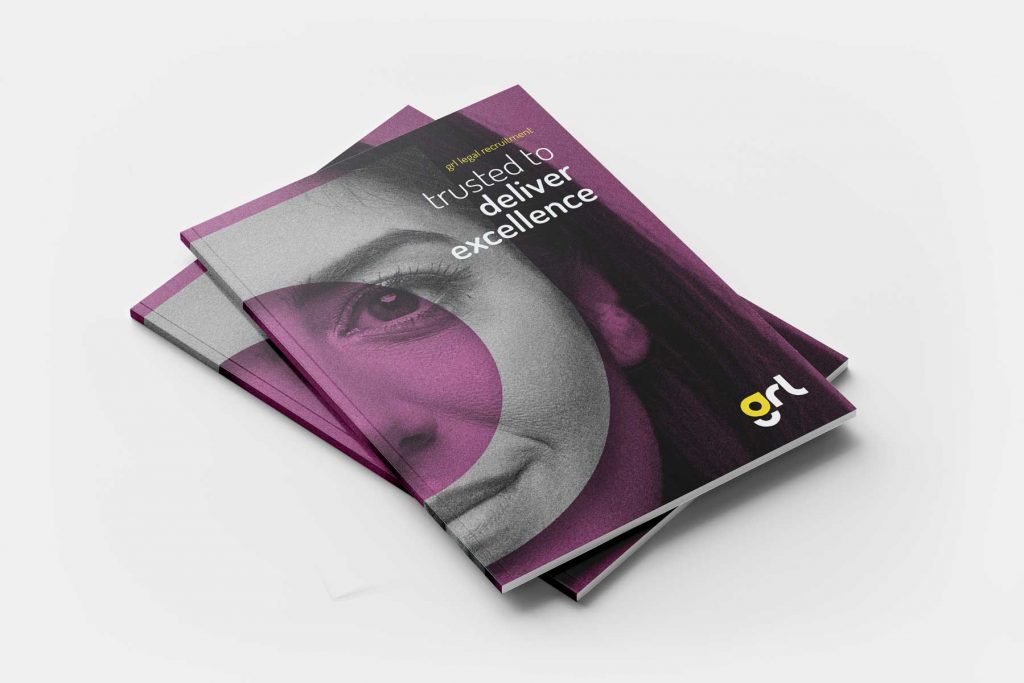Applying for lots of jobs but feel disappointed at the number of interviews you receive? Do you have excellent qualifications and experience but find recruitment confusing?
In this article we’ll give you 6 simple steps that will make your recruitment journey a lot easier. In a candidate driven market, YOU need to stand out from other, similarly excellent candidates, but how?
Our expert consultants continuously sift through thousands of CV’s for our roles, often receiving hundreds of applications.
Whether you’re applying directly to a small or large firm, or through an agency, your CV will always be screened for suitability.
Follow the following tips to make sure your CV makes an impact and gets past the screener.
1. Overemphasize Your Experience
If you’re applying for a HR role and have experience in HR, put heavy emphasis on your HR strengths and experience, don’t assume the screener will work it out.
In fact, don’t assume anything from the impersonal process of screening.
Increasingly in 2022 the recruitment process involves automation, with filtering done on keywords, so make sure you include enough to help your CV make it to a human in the first instance.
2. Craft A Strong Personal Statement
So many personal statements don’t really sell the candidate. You want to come across like a human being, not a business bot from The Apprentice.
We recommend you write a short description of you from a business perspective, three to five lines is plenty.
Make sure it’s well written and professional. In the same way a synopsis sells a book, this is a chance for you to hook the reader into you. A good personal statement should reflect personality, briefly describe why you’re suitable for the role.
Getting this section just right is particularly important when applying to an industry that you haven’t previously worked in.
3. Be Real About Your Achievements
What are you most proud of in your career so far?
Being able to summarize your achievements in a way that someone else can understand is really important.
If you’ve been working for a while, you’ll have numerous key achievements. The handful you list should bear direct relevance to the job description of the role you’re applying for. This is possibly the most important section of your CV.
Think about this carefully, be honest, perhaps only list skills and traits that have been said about you (in a past appraisal for example).
4. Present Your Work Experience Accurately
When it comes to listing work and experience, think “relevance and recency” Be sure to list your most recent work experience first.
When including dates it should be year and month. 2021-2022 could, in fact, be just two weeks but could also be almost two years! There’s no point writing a lot about a job you did 5 years ago, but little on your current position.
Include a line under the company name telling the reader what type of business it is. Jackson LLP, for instance, means nothing and the screener will not have the time to look it up. The nature of Jackson’s business could, however, be totally relevant – sell the environment and highlight its strengths.
5. Showcase your Qualifications and Memberships & Interests
Show your commitment to continuous improvement by listing your courses and qualifications in date order.
If the course qualification has expired, it’s likely to be irrelevant so keep things to the last 5 years unless it’s your academic qualifications.
Some consider listing interests as tacky or unprofessional and many candidates leave this out, don’t! It adds personality and can highlight what makes you tick.
In most processes, as well as appropriate skills, clients want to ensure the right ‘fit’ – placing almost as much emphasis on personality as relevant experience.
6. Be Ready To Offer References
Where possible, offer client as well as the standard employer/personal references. Particularly useful when applying for a client facing role.
If there are gaps in your dates of employment, explain them. Career break? Further Education? Travelling? Taking care of someone? list it. It happens to the best of us, you have nothing to hide, but don’t give the screener the opportunity to draw conclusions.
• Name your CV document “Name Surname CV Month Year.doc”. – PDF always looks smarter.
• Do not add a photo, unless one is requested, which is unlikely.
• Do not use a bright colour font anywhere in your doc (especially red), the same applies for fancy fonts or layouts.
• Keep it simple.At what point during the process is your CV considered relevant/not relevant?
Bonus Feature: A Quick Q&A
“At what point during the process is your CV considered relevant/not relevant?”
• Will the screener find enough relevance to this role on the first half page?
If it’s not quickly evident that you have the required experience in years, industry, skills or job criteria, it’s likely you won’t make stage two of the process.
• Typos / formatting issues?
Most programs have auto spell check, and underline errors in red for you.
With so many good candidates to select from, an eye for detail is imperative, so if there are obvious errors, your CV will quickly end up in the “no” pile.
More companies than ever now use screening software (not GRL Legal), which searches for key words as well as identifying errors, meaning it might be over before its even begun.
• Applying for 100 jobs a week?
Nothing wrong with this, but the reader must think you are applying for, and are particularly enthused by, the opportunity this role presents. So, personalise it.
Keep it simple but take the time to do it properly to give yourself the best chance. After all, the intention is to be seen in person so you can impress the panel and give them no choice but to add you to their shortlist.
We hope you found this a useful article for helping with your job hunt, keep in touch with our upcoming material by following us on Twitter, or our Linkedin Company Page.
GRL offers one-on-one career coaching, CV reviews and interview training.



